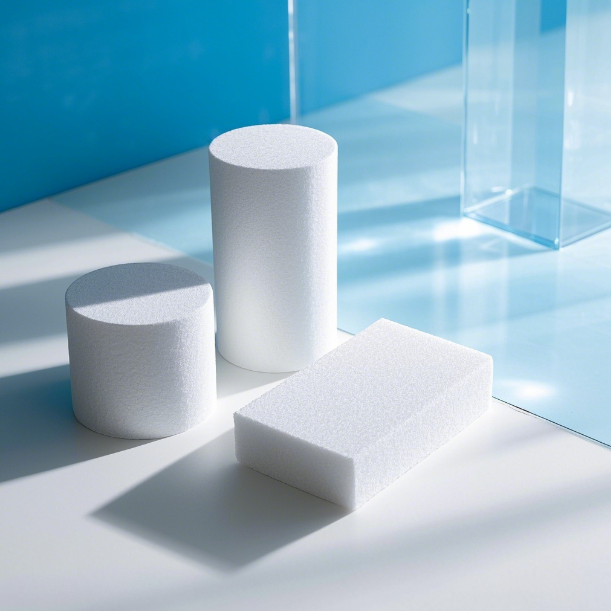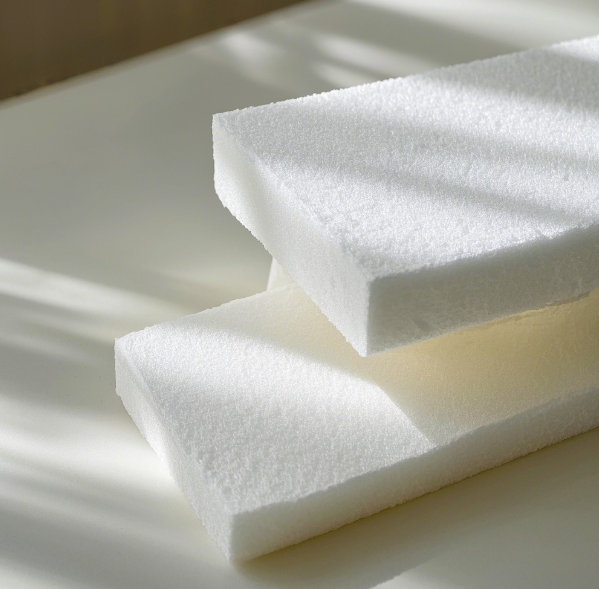

EPS, short for Expanded Polystyrene, is a kind of thermoplastic material widely used in various industries. Here is a brief introduction to it.

Low Density: EPS has a very low density, which makes it extremely lightweight. This property makes it easy to handle and transport, and it is suitable for applications where weight reduction is crucial, such as in packaging and construction insulation.
Good Insulation Property: It has excellent thermal insulation performance, which can effectively reduce heat transfer. This helps to maintain the temperature of the environment or objects it surrounds, making it a popular choice for insulating buildings, refrigerators, and freezers.
Shock Absorption: EPS has good shock - absorbing capabilities. It can effectively cushion and protect the items it packages from impacts and vibrations, making it an ideal material for packaging fragile products like electronics, glassware, and ceramics.

Packaging: It is widely used in the packaging industry to protect products during transportation and storage. Its lightweight and shock - absorbing properties make it an excellent choice for packaging a wide range of items.
Construction: In the construction industry, EPS is used as insulation material for walls, roofs, and floors. It helps to reduce energy consumption by minimizing heat loss or gain.
Decoration: EPS can be easily shaped and cut, making it suitable for use in decorative applications. It is often used to make architectural moldings, signs, and display models.

However, it should be noted that EPS is not easily biodegradable, which may cause environmental problems. Therefore, proper disposal and recycling methods need to be developed to reduce its impact on the environment.

EPS, short for Expanded Polystyrene, is a kind of thermoplastic material widely used in various industries. Here is a brief introduction to it.

Low Density: EPS has a very low density, which makes it extremely lightweight. This property makes it easy to handle and transport, and it is suitable for applications where weight reduction is crucial, such as in packaging and construction insulation.
Good Insulation Property: It has excellent thermal insulation performance, which can effectively reduce heat transfer. This helps to maintain the temperature of the environment or objects it surrounds, making it a popular choice for insulating buildings, refrigerators, and freezers.
Shock Absorption: EPS has good shock - absorbing capabilities. It can effectively cushion and protect the items it packages from impacts and vibrations, making it an ideal material for packaging fragile products like electronics, glassware, and ceramics.

Packaging: It is widely used in the packaging industry to protect products during transportation and storage. Its lightweight and shock - absorbing properties make it an excellent choice for packaging a wide range of items.
Construction: In the construction industry, EPS is used as insulation material for walls, roofs, and floors. It helps to reduce energy consumption by minimizing heat loss or gain.
Decoration: EPS can be easily shaped and cut, making it suitable for use in decorative applications. It is often used to make architectural moldings, signs, and display models.

However, it should be noted that EPS is not easily biodegradable, which may cause environmental problems. Therefore, proper disposal and recycling methods need to be developed to reduce its impact on the environment.
